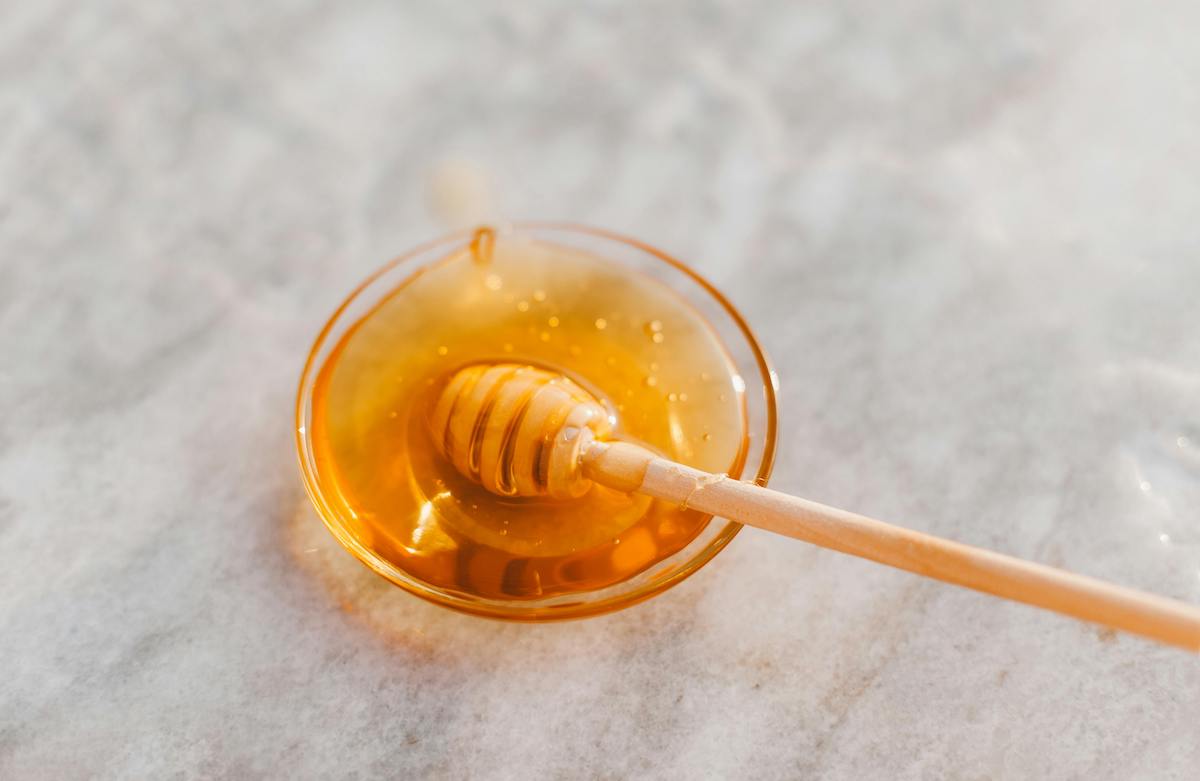When can babies drink water?
—Anonymous
The American Academy of Pediatrics guidelines say water can be introduced at around six months. That’s a simple answer, but it doesn’t tell us why.
The primary reason to avoid water for babies is that it displaces nutrition. Up to a year, babies get a lot of their calories through liquid, either breast milk or formula. (These are both almost 90% water, so babies are, in fact, getting plenty of water.) If your baby started drinking just water, it could easily displace some of their breast milk or formula intake, which is a potential problem.

This problem is most acute in the first six months, when, for many babies, all nutrition is liquid. When solids are first introduced, a small amount of water can be introduced as well.
People sometimes worry, especially when the weather is hot, that babies will become dehydrated without water. However, see the point above: breast milk and formula are mostly water, so your baby is getting hydration! As long as you are seeing consistent wet diapers (four to six per 24 hours), your baby is hydrated.
Water should still not replace breast milk or formula even after six months, and, for this reason, you usually do not put it in a bottle. Water can be provided in a sippy cup, an open cup, or with a straw.
Community Guidelines
















Log in
You want to avoid water under 6 months primarily because baby’s kidneys can’t handle a fluid that is not isotonic (same concentration) as their blood. The baby’s kidneys lack the maturity to adjust the body’s sodium concentration and adding water makes you risk having seizures because your sodium levels drop. This is why it’s important not to water down formula too. Formula (when mixed correctly) and breast milk both have the right level of sodium for a baby’s body. (From a pediatrician who talks a lot about water with parents!)
And the other reason to avoid water under the age of six months is that water can cause seizures. The mechanism for this is that water can dilute sodium to an abnormally low level, and babies under six months do not have the capacity to compensate for this.